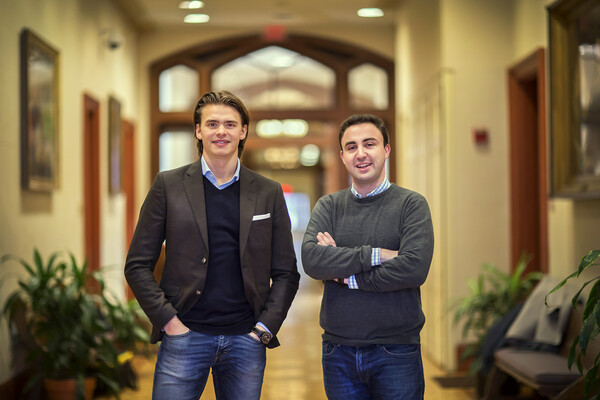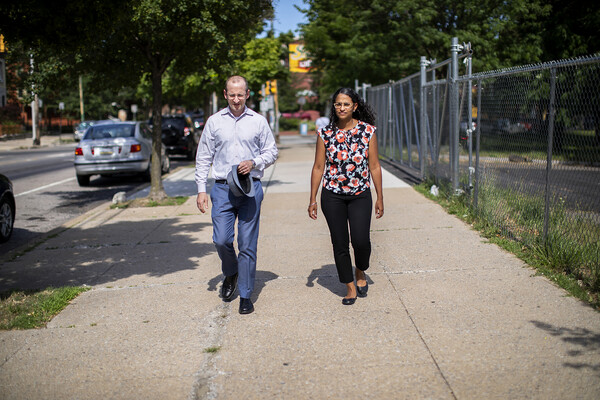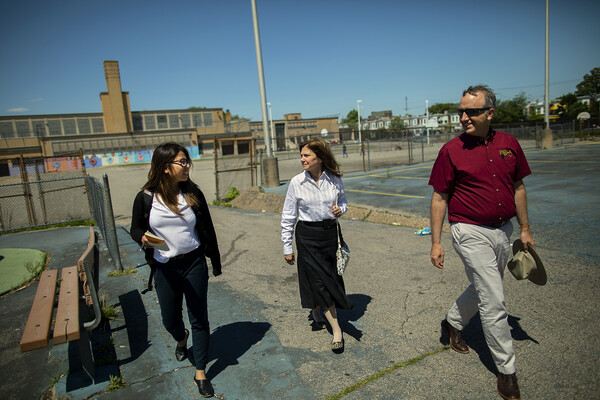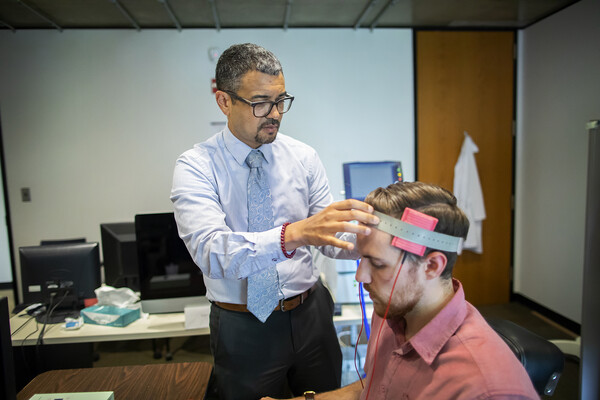
A federal law, part of the Fair Labor Standards Act, requires that employers offer “reasonable break time” and a place that’s not the bathroom for expressing human milk. But the law’s many limitations mean many women aren’t covered.

A federal law, part of the Fair Labor Standards Act, requires that employers offer “reasonable break time” and a place that’s not the bathroom for expressing human milk. But the law’s many limitations mean many women aren’t covered.

Source: Flickr user DFID

Tobias Nasgarde (left) and Garrett Meccariello are graduate students in the University of Pennsylvania’s Master of Behavioral and Decision Sciences program, part of the College of Liberal and Professional Studies in the School of Arts and Sciences. They completed the research in an effort to practically use the skills they learned in their program.

In the latest round of research on the effects of greening vacant lots, criminologist John MacDonald and emergency medicine physician Eugenia South found that people living within a quarter mile of greened lots had a 41.5 percent decrease in feelings of depression and a nearly 63 percent decrease in self-reported “poor mental health” compared to those who lived near the lots that received no intervention.

Anita Allen, Henry R. Silverman Professor of Law and professor of philosophy.

A project spearheaded by the Ortner Center updated more than 50 Wikipedia entries on subjects ranging from “sexual assault in the military” to “female genital mutilation” with the latest research from faculty affiliated with the Center. The group will continue to update the entries periodically to incorporate new papers.



Roy Hamilton of Penn Medicine (left) was part of a research team that studied whether a minimally invasive brain stimulation, similar to what he’s demonstrating in this photo, can reduce someone’s intent to commit a violent crime.